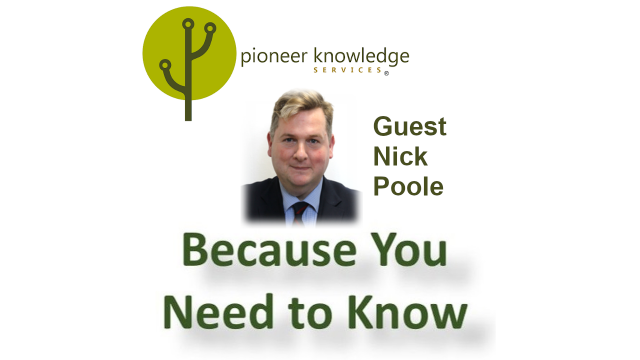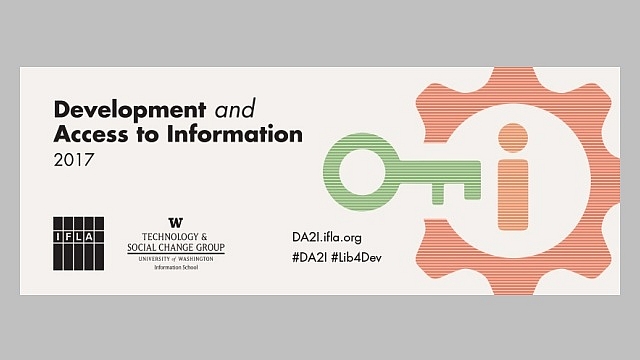
Open access to scholarly knowledge in the digital era (section 3): Publics and politics
This article introduces section 3 of a series of articles summarising the book Reassembling Scholarly Communications: Histories, Infrastructures, and Global Politics of Open Access.
The third section of the series turns to different audiences and publics, and the politics of the open dissemination of research work.
3.1 – The Royal Society and the noncommercial circulation of knowledge
For Aileen Fyfe, in this space, we have overlooked a history of publication in which the desire to make scholarship widely available and free to read is far longer than we might otherwise presume. Turning to what is broadly acknowledged as the first scientific journal publication – The Philosophical Transactions – Fyfe traces the financial context of its production through gift economies and reprints to one with an aspiration for open access, in an era without the technological promise so hailed by the Budapest Declaration in later years.
3.2 – The political histories of UK public libraries and access to knowledge
That said, we are also notoriously bad at revising our pasts in a romantic light when it suits us, as Stuart Lawson shows. In their chapter, Lawson seeks to retell the story that we tell ourselves that public libraries have always been institutions of progressive social change. Instead, as Lawson details, these institutions were embroiled in conflicts of class, race, and empire. This is not to say that public libraries have not yielded public benefits, but it does give us cause for concern if we seek a historical narrative of actual library practices. Lawson posits that sometimes it is what we have become, rather than whence we came, that matters most.
3.3 – Libraries and their publics in the United States
Continuing this exploration of the present and the current status of open access is taken up in Maura A. Smale’s chapter on the contemporary public library in the United States of America. Smale argues that libraries – whether they be public, academic, or even high school- level – should embrace open access for its transformative potential. Rooting her analysis in Sirkazhi Ramamrita Ranganathan’s 1931 volume, The Five Laws of Library Science, Smale’s chapter is perhaps among the more concrete and hopeful in this series. At the same time, though, Smale’s chapter also brings to the fore the very real dilemmas faced by libraries in our present. While this chapter may present familiar ground for many readers, the direness of the contemporary situation for libraries cannot be underscored enough.
3.4 – Open access, “publicity,” and democratic knowledge
Finally, for the section on publics and politics, John Holmwood turns in his chapter to the ways in which the openness of social media systems and scholarly research are part of a broader turn to neoliberal practices in government policy around higher education. Even as it may be well-intentioned, Holmwood warns, open access ends up providing data to organizations that wish harm to our universities – and this must be stopped. More broadly, though, Holmwood also questions the ways in which notions of truth, democracy, and public knowledge circulate in the digital era, bringing a political-economic slant to his chapter. Specifically, how are we to understand the spread of “fake news,” even as more and more original research work becomes openly available?
Next part (chapter 3.1): The Royal Society and the noncommercial circulation of knowledge.
Article source: This article is an edited summary drawn from the Introduction of the book Reassembling scholarly communications: Histories, infrastructures, and global politics of Open Access1 which has been published by MIT Press under a CC BY 4.0 Creative Commons license.
Article license: This article is published under a CC BY 4.0 Creative Commons license.
Reference:
- Eve, M. P., & Gray, J. (Eds.) (2020). Reassembling scholarly communications: Histories, infrastructures, and global politics of Open Access. MIT Press. ↩
Also published on Medium.






